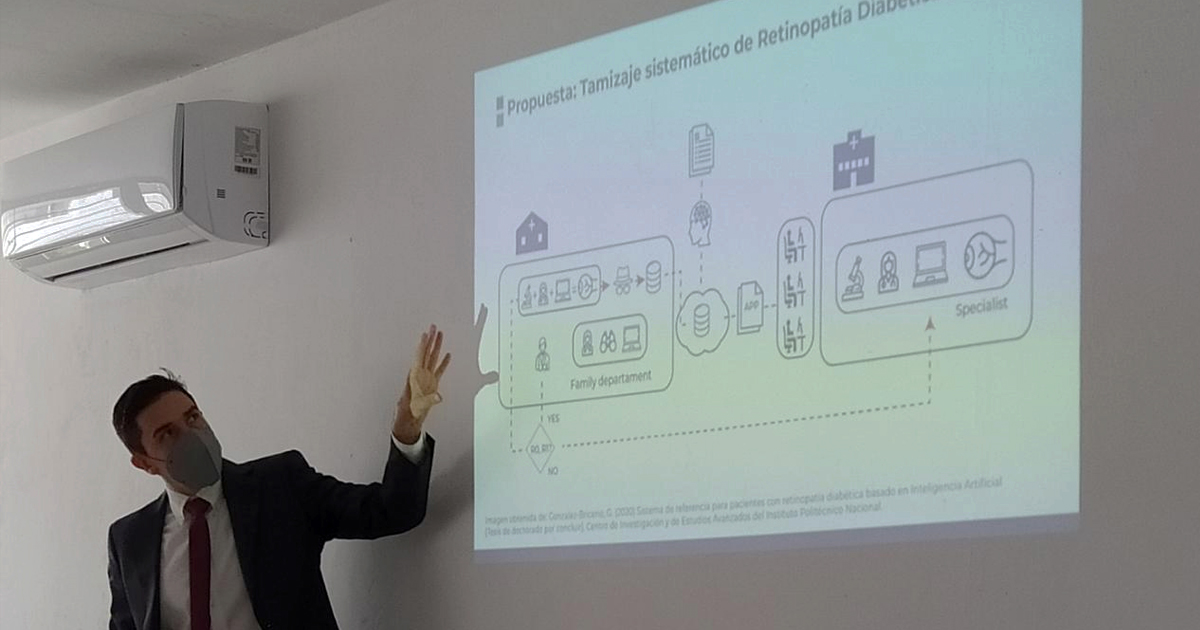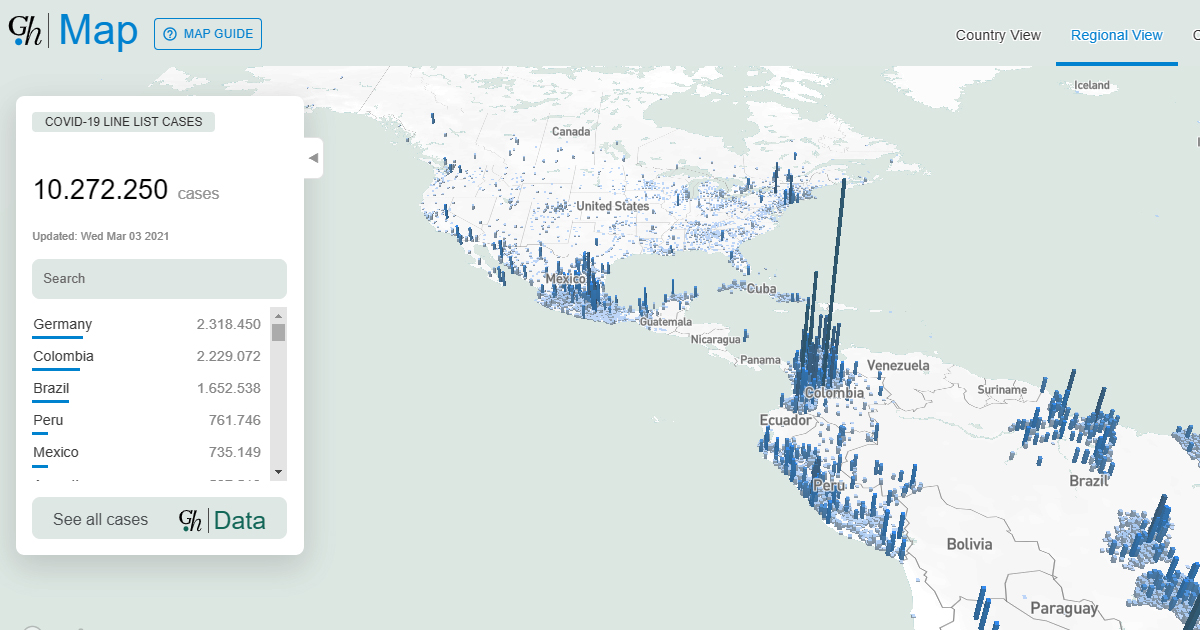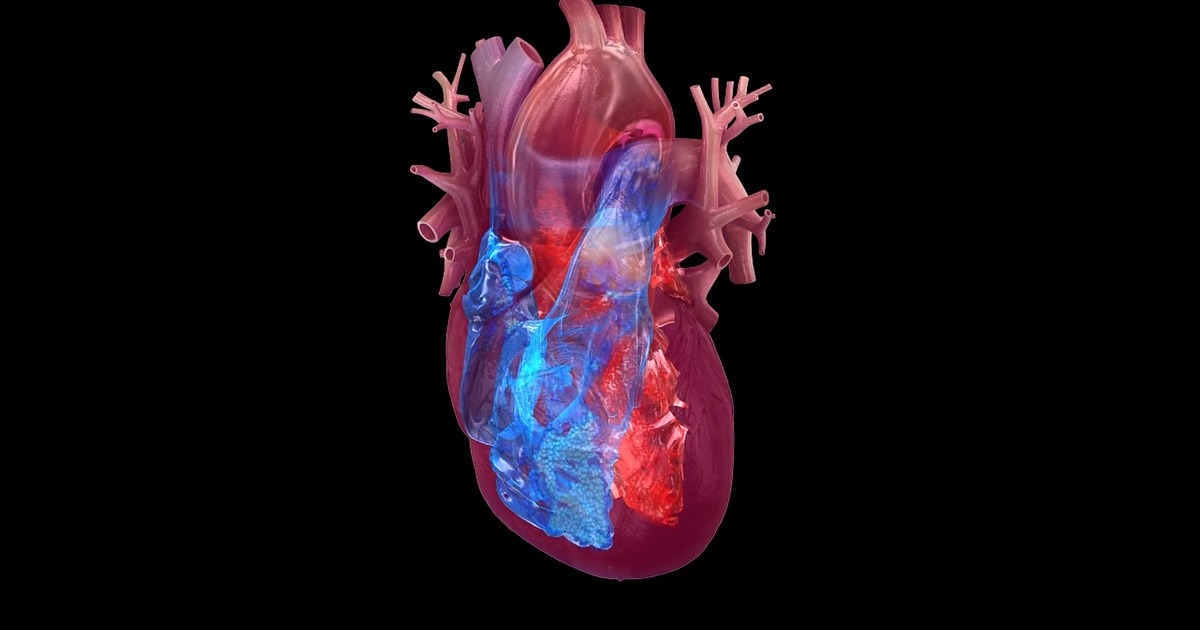The article published in the British magazine The Lancet, details how healthcare environments have used cloud technologies during the pandemic to address health information benefits and challenges.
Since the beginning of the COVID-19 pandemic in March of last year, health systems management tools have evolved rapidly in response to the emergency. Cloud-based technologies have been important for handling and managing data characteristics during the pandemic.

"Adoption of cloud technology has been variable across health-care organisations, hampered by concerns that the technology might not align with existing methods of quality assurance and governance of privacy, data integrity, and service reliability," explained the authors of the article "Using cloud technology in health care during the COVID-19 pandemic," published in the British scientific journal.
However, they emphasize that the purpose of health systems is guided by the same objectives, to maintain a stable hospital occupation and to control the massive spread of the disease. "The compelling shared purpose and informational needs in the context of the COVID-19 pandemic have provided a powerful incentive to adopt and benefit from fast scale-up of cloud-based solutions," they explain.
However, the authors caution against the potential unintended consequences of rapid, large-scale deployment of cloud technologies and cite governance and privacy issues, as well as inefficient work practices. While there are examples of successful implementation of these types of technologies, the lack of formal evaluations regarding clinical outcomes of the benefits of using these technologies is still limited.
Companies such as Microsoft, Google, Amazon Web Services, and Huawei have been participants in cloud technologies implemented during the pandemic, for example, in the areas of radiology and ICU monitoring in hospitals that serve COVID-19 patients. Other technologies from these companies have been used for administrative tasks and to improve the operational management of hospitals.
"A key benefit of cloud-based services to individual organisations and specialties is that they allow fast implementation and upscaling across a range of settings, because they do not require the organisation to purchase additional hardware (such as servers needed for on-premises solutions) and they can be implemented remotely (provided that appropriate infrastructure exists)" the authors explain.
They also point out that the use of new cloud technology applications ranges from connecting electronic medical records to identify and channel high-risk patients to establishing data centers for real-time analysis of hospital information on COVID-19, which works to inform health authorities during decision-making.
To read the full text go to the following link: https://www.thelancet.com/journals/landig/article/PIIS2589-7500(20)30291-0/fulltext






